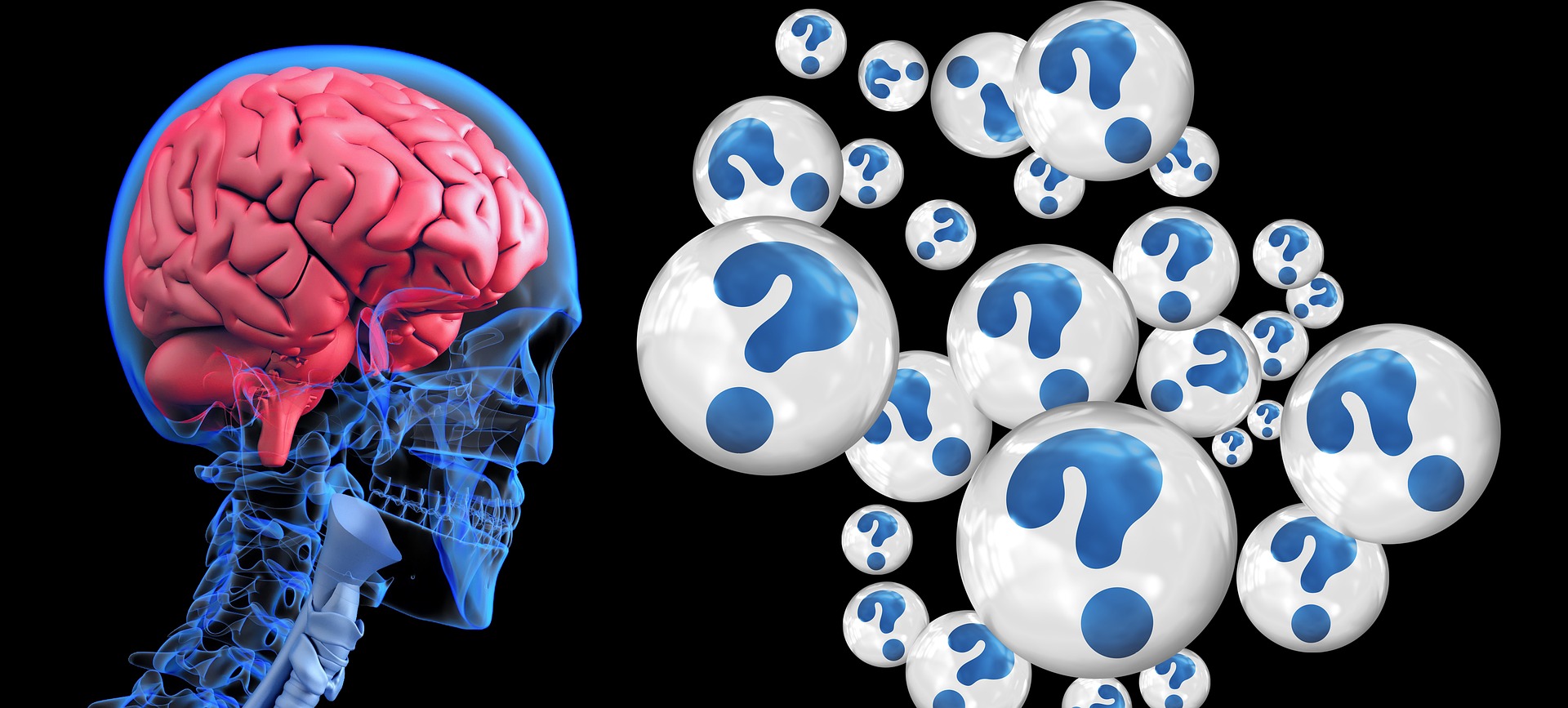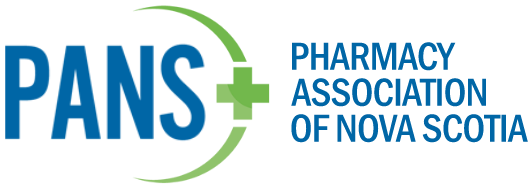
What is Dementia?
Dementia is not a specific disease but is a broad term for a group of symptoms that are caused by disorders affecting the brain. Symptoms often include memory loss, trouble with thinking, problem-solving, reasoning, language or judgement, and are often severe enough to interfere with a person’s ability to carry out day to day tasks. Those with dementia can also develop changes in their mood or behaviour.
While there can be many causes of dementia, the most common cause is Alzheimer’s Disease. Other causes include vascular dementia, Lewy body dementia, frontotemporal dementia, or even mixed dementias (which is any combination of two or more types).
What is Alzheimer’s disease?
Alzheimer’s disease is a degenerative brain disease that causes irreversible destruction of brain cells. As with other types of dementia, symptoms often include memory loss, trouble with thinking, problem-solving, reasoning, or language. Changes in a person’s mood, behaviour or judgement can also appear.
As the disease progresses, symptoms will continue to worsen. In the early stages of the disease, memory loss is mild, but in the late stages, loss of function can become severe enough to interfere with a person’s ability to perform day to day activities such as bathing, eating, and carrying on conversations.
Causes and Risk Factors
Scientists do not believe that there is a single cause for Alzheimer’s disease, but that it is the result of a number of different factors including genetics, environment and lifestyle.
Unfortunately, some risk factors are non-modifiable. This means that we have no control over them.
- Age: Increasing age is the greatest known risk factor for developing Alzheimer’s disease, but Alzheimer’s disease is NOT just a normal part of aging. Beyond the age of 65, the risk of developing Alzheimer’s doubles approximately every 5 years.
- Family Histoy: In some cases, Alzheimer’s disease can run in families. While this is not always the case, those who have a close family history (parent or sibling) may be more likely to develop the condition. This risk increases if more than one family member has the disease.
- Genetics: Researchers have identified genes that may increase the likelihood of a person developing Alzheimer’s. These genes do not directly cause Alzheimer’s disease, but make a person more susceptible to develop the condition.
Fortunately, some risk factors are modifiable, which means that we can influence them through lifestyle and wellness choices.
- Smoking: There is strong and consistent evidence that smokers are at a much higher risk of developing Alzheimer’s disease, as well as other types of dementia. Quitting smoking is strongly encouraged.
- High blood pressure: People with high blood pressure are more likely to develop Alzheimer’s disease when compared to people with normal blood pressure. Lowering high blood pressure, whether it be with lifestyle changes (such as exercise and changes in diet) or with medication can lower a person’s risk of developing the illness.
- Diabetes: Those with type 2 diabetes are approximately twice as likely to develop dementia compared to those without diabetes. Managing your blood sugar can help to reduce the risk of developing Alzheimer’s disease.
- High cholesterol: People with high cholesterol are more likely to develop dementia than people with normal total cholesterol levels. Managing your high cholesterol can help to reduce the risk of developing Alzheimer’s disease.
- Healthy weight and enough physical activity: Obesity and lack of physical activity may increase the risk of Alzheimer’s disease. Maintaining a healthy weight and getting at least 30 minutes of vigorous physical exercise, at least 3 times per week, can help to limit this risk.
- Head Injury: Those who experience repeated or severe head injury have a higher risk of developing Alzheimer’s disease. Take measures to protect your head, such as always wearing a seatbelt and grabbing your helmet when enjoying certain sports.
Diagnosis
Often, those with memory loss or other possible signs of Alzheimer’s may not recognize that they are experiencing symptoms. For this reason, signs of Alzheimer’s disease may be more obvious to friends and family members. Anyone experiencing signs of dementia should see a doctor as soon as possible. Asking a trusted family member or friend to accompany you to your appointment can be helpful, especially if you are experiencing memory loss or problems with language.
 Image from: http://alzheimer.ca/sites/default/files/files/national/aw2015/10warningsigns_colour.pdf
Image from: http://alzheimer.ca/sites/default/files/files/national/aw2015/10warningsigns_colour.pdf
Signs of Alzheimer’s disease vary from person to person, and there is no one specific test used for diagnosis. If a person is suspected to have dementia, different physical and cognitive tests may be conducted. The results of these tests, along with a detailed medical history, will allow a doctor to make the diagnosis.
Stages
Alzheimer’s disease slowly progresses through general stages, in which each stage highlighting changes in the lives of both the individual and their caregivers. Since Alzheimer’s disease affects people differently, the symptoms, order in which they present, and the duration of each stage are unique to the individual. Due to the slow, progressive nature of the disease, the move from one stage to another can be very subtle, as symptoms of each stage will often overlap.
- Early (mild) stage: The initial stage, where a person begins to have mild impairment due to symptoms of the disease, but can still function independently. Usually, the stage where a person (and often close friends and family) begins to notice memory lapses and changes in their abilities. Common symptoms include increasing forgetfulness, misplacing objects, difficulty planning or organizing, problems with performing familiar tasks, and trouble with language and communication.
- Middle (moderate) stage: This stage brings a further decline in a person’s ability to function day-to-day, and is where they need a greater level of care. Help with daily tasks such as shopping, cooking, paying bills, dressing, bathing and toileting eventually becomes necessary. At this stage, symptoms are noticeable to others and may include: forgetting details about themselves (such as address, telephone number, hometown etc.), confusion about where they are or what day it is, an increase in wandering and becoming lost, repetitive behaviour, and personality changes such as moodiness and feeling withdrawn (especially in social or mentally challenging situations), suspiciousness, compulsiveness and delusions.
- Late (advanced) stage: At this stage, a person loses the ability to respond to their environment, or carry on a conversation. Around-the-clock care becomes necessary as the person is no longer able to care for themselves and needs significant assistance with performing daily activities. Motor control may also worsen, leading to the inability to walk, sit and eventually swallow.
Treatment
Currently, Alzheimer’s disease has no cure, however, treatments for symptoms are available and research continues. While available treatments are not able to stop or reverse the progression of the disease, they are able to slow the worsening of symptoms and improve the quality of life for those living with the disease and their caregivers. Treatment options vary based on the stage of illness.
There are a number of medications that can help with symptoms such as memory decline, and changes in thinking ability, motor skills and language. People who respond to these medications can experience improvements in quality of life for several years.
Help and Support
Fortunately for Nova Scotians, we have a number of resources available for help and support, in various communities throughout the province. The Alzheimer Society of Nova Scotia can help you by providing information, resources, education and support.
Alzheimer Society of Nova Scotia
112-2719 Gladstone Street
Halifax, NS, B3K 4W6
Tel: 902-422-7961
Toll-free (within NS): 1-800-611-6345
Fax: 902-422-7971
Email: alzheimer@asns.ca
- Alzheimer InfoLine:
- A service for individuals living with Alzheimer’s disease (or another type of dementia), caregivers, family, friends, or health care providers.
- A team of knowledgeable and caring staff available to provide information about: Alzheimer’s disease and other causes of dementia, getting a diagnosis, planning for the future, maintaining independence, maintaining brain health, tips and strategies for caregiving, links and referrals to further resources in your community, free information and brochures.
- Every call is strictly confidential
- Caregiver Support Groups:
- Network of caregiver support groups that offer a safe environment where you can learn, share, and help each other through mutual understanding.
- A great place to exchange and share information and support, expand friendship and social networks, decrease loneliness and isolation, express feelings, learn from others, access current information
- Education: The Alzheimer Society of Nova Scotia offers educational opportunities for families, health care professionals and the general public through the following programs:
- Family Caregiver Education Series: Supports families of persons newly diagnosed with dementia. The series consists of six two-hour sessions and is offered at a variety of times and places in Nova Scotia.
- Public Education Presentations: A variety of public presentations offered to seniors’ groups, church and faith groups, service clubs and other similar community groups.
- Family and Friends Night: Held each year in both Halifax and Cape Breton. This is a free chance for you to view the Conference displays, meet friends old and new, ask questions, and hear from people working in the field of dementia care and research.
- The Provincial Alzheimer Conference: The conference will provide health care providers, educators and families supporting individuals living with dementia, the latest information on research, treatment and best practices that contribute to the quality of life of people living with dementia.
- First Link:
- A healthcare or community service provider refers individuals and families affected by dementia to the Alzheimer Society, using the First Link® referral form. The Society staff contacts the client/patient and with their permission, continues contact throughout their journey with dementia, providing information, support and referral to resources and services
Useful links:
http://alzheimer.ca/en/ns - Alzheimer’s Society of Nova Scotia – Easier to navigate local resources and supports
http://alzheimer.ca/en/Home - Alzheimer’s Society of Canada
https://www.alz.org/ - Alzheimer’s Association (American)
http://alzheimer.ca/en/Home/About-dementia/Alzheimers-disease/10-warning-signs - 10 Warning signs of Alzheimer’s disease
http://alzheimer.ca/en/ns/We-can-help/Support/Support-group-meetings - Caregiver support groups in Nova Scotia
http://ns.211.ca/ - Free, confidential information and referral service that can connect you to thousands of programs and services offered by local community groups, nonprofits and government departments across Nova Scotia. It is available throughout the province – 24 hours a day, 365 days a year – by dialling “2-1-1” to speak to a helpful staff member, or by searching the easy-to-use online database
